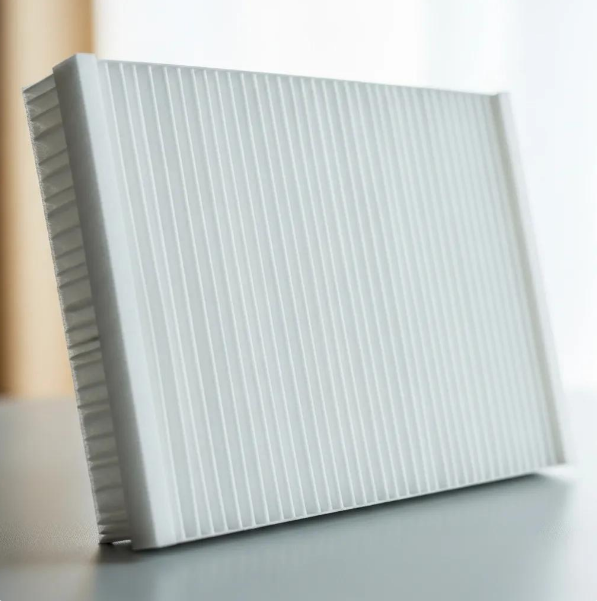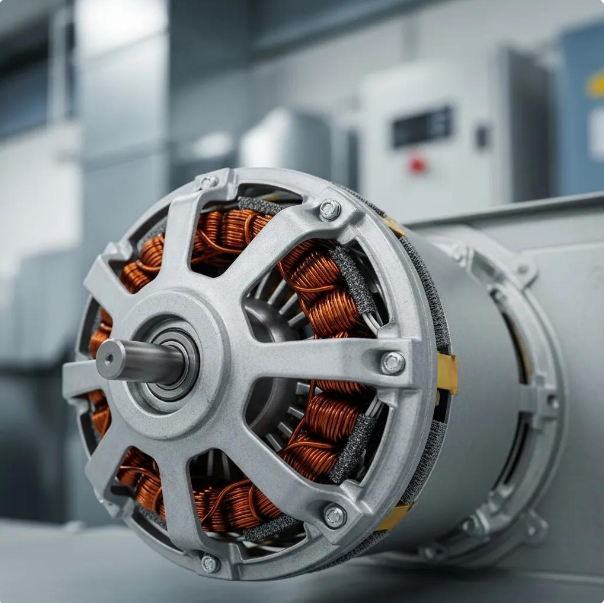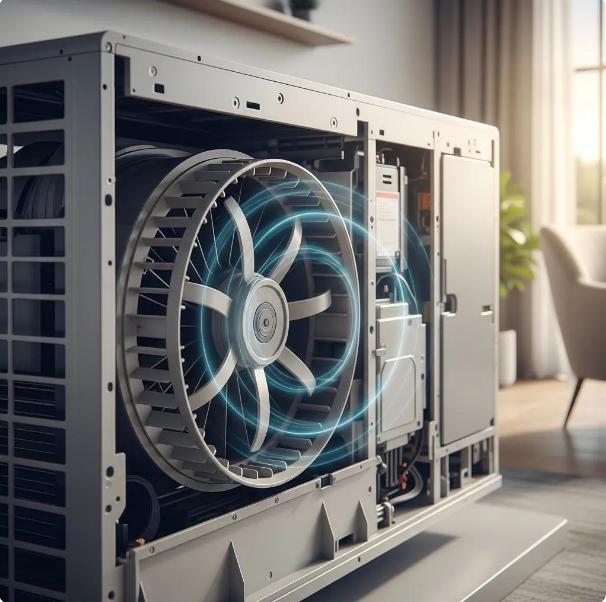Saving Money on Your Heating and Cooling in Melbourne


Government Rebates Now Available on Energy-Efficient Air Conditioners when Replacing your Gas Heater.
Heating
1. Let the Sun In
Allow the sunlight into your home. The sun’s surface temperature is over 5000°C, so letting the sunlight in can also heat your home. With good insulation, you can retain that heat and save on energy costs.
2. Adjust the Temperature
Focus on setting your thermostat to a reasonable temperature. It does not need to be a sauna – your house may simply need to be slightly warmer.
This will cause you to save money. For every degree lower, you save 3% in electricity running costs.

3. Seal Draughts To Stop Heat Loss
Use draught excluders and weather strips to stop cold draughts. Draught excluders not only keep the cold out, but they hold the heat in. This allows you to have a more consistent overall temperature.
4. Get Carpets and Rugs
Insulation helps a lot with decreasing energy bills, and it comes in different forms. Insulation is typically found in walls and the roof cavity. However, everyday things can be used as insulators, such as carpets and rugs on your floors, which can improve your home insulation. It can also aid in heat retention and lessen your heating bill.

5. Do Not Use Portable Heaters
Portable space heaters are very energy-consuming. They are cheap to buy. But they rack up electricity costs.
You can look at the following heating options.
- Gas heating
- Ducted reverse cycle heating and cooling
- Hydronic heating
- Split system heating and cooling
- Reverse-cycle air conditioners
Some of these systems might be difficult to install, but the electricity savings make it worth it. A gas heater is relatively easy to set up and cheap to buy.
6. Do Regular Air Filter Maintenance
Replace your air filters often. The heater filters trap particles, so the air is clean. As time passes, the air filters can become clogged, so your system has to work harder. If you’re not sure how to do that, get a professional to service your heating system.

7. Turn On the Ceiling Fan in Winter.
This is an excellent option if your fan has a reverse function.
Lots of modern ceiling fans have a winter mode. This reverses the direction that the blades spin. Fans usually direct cold air down, and this mode will pull the cold air upwards. It will also push down the warm air.
Fans use about the same amount of electricity as a lightbulb, so it is a budget-friendly alternative.
Cooling
1. Use the Timer Function
Your home can feel like a furnace during the day but will cool down once the sun is set. After you fall asleep, you won’t even notice the heat. That’s when the air conditioner timer function comes in. You can set the AC timer to automatically switch off when it’s cooler. This is a good option for using the AC just before bedtime.
This option is effective since you can save money because you won’t use the AC as much. It also saves you the time and inconvenience of having to switch it off. Some systems have other advanced features. Wi-Fi controls allow you to turn off the system no matter where you are. Some thermostats have eco settings that let you run your cooler more economically.
2. Reduce the Temperature.
Your house doesn’t need to be a refrigerator to counter the heat. The general rule to follow is your system must not be higher than 8 degrees less than the outdoor temperature. The AC needs more power for lower temperatures. A higher temperature will allow you to save a lot.
We recommend setting your cooling system to between 24°C and 27°C in the summer for energy saving.
3. Maintain Your System
Regular AC maintenance decreases energy costs. A grimy cooling system has higher energy costs because it cannot perform efficiently, so look at the filters and clean the unit often. This cools your home while you pay less.
Every 2-3 years, you should schedule professional heating and cooling maintenance. This will ensure that your system is thoroughly cleaned.
4. Close the Windows and Doors
If you use refrigerated air conditioning, close all windows and doors. Air conditioners cool the air in their surroundings, and opening windows and doors allows hot air in. Closing blinds and curtains also prevent the house from getting warmer.
5. Consider a Whole House Fan
A great solution is to install a whole house fan. A whole house fan is an energy efficient way to cool down a home in the summer months. It works by pulling in the cooler outdoor air and exhausting the warmer air through the roof in the home. This creates a natural convection airflow that cools the home.
The fan is usually mounted in the attic and draws in air from open windows and doors. It then pulls the air up through the attic and expels it through the roof vents. This process helps to cool the home quickly and efficiently.
It can save up to 50-90% of electricity costs. Just through opening the windows for a short time as the temperature drops in the evening.
6. Start Cooling in Advance
Switching on the cooler before it gets too hot is a good idea. This is cost-effective because your air conditioner won’t have to work as hard and will use less power if the starting temperature is lower.
Consider turning on the air conditioner slightly earlier if there is a hot weather forecast. You can also keep your windows open during a cool night; that way, the air in the house will be cool the next day. A well-insulated home will maintain that temperature and give your AC a break, as it will need to do less as the starting temperature is lower.
7. Check Your AC Energy Rating
If your AC is not up to standard, your air conditioner is likely inefficient and needs to be upgraded. Air conditioners work on an Energy Star Rating System, and the higher the number of stars, the more energy efficient the system is. A sound system cuts cooling costs.
Look at the size of your cooling system. Small systems have to work very hard. Bigger systems use more power when heating and cooling your home. In each scenario, this leads to high energy expenses.

Oz Air Group Has You Covered
Oz Air Group has over 20 years of experience. We provide heating and cooling installations, repairs, and electrical servicing in Melbourne and the surrounding suburbs. We offer excellent prices and pride ourselves on quality work and fantastic customer service.
So if you are looking at regulating your temperature, you can contact us. We can help you find a solution that fits your budget and ensure you save money on heating and cooling.
Areas we service
Oz Air covers Melbourne and its northern suburbs.

Get in touch






.png)









.png)